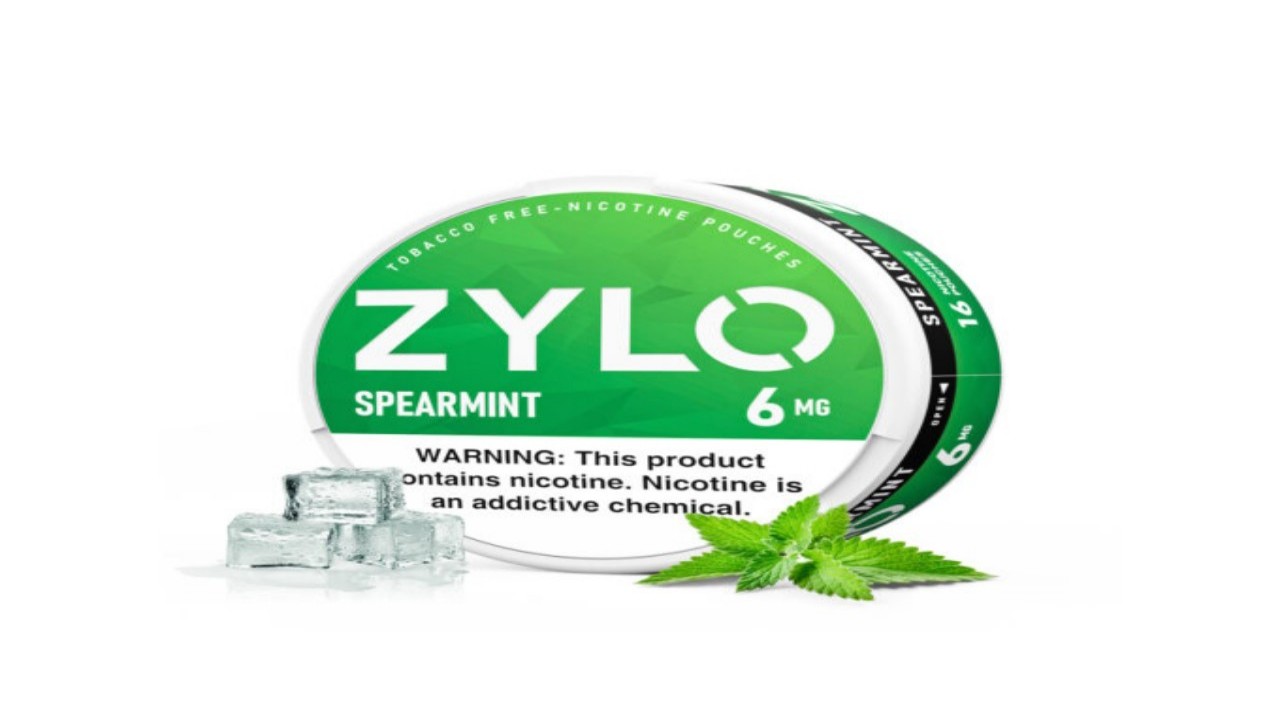Wanderer is a wordsmith with a wealth of research experience in industry, commerce and science and technology. She has written extensively on the latest advances in these fields, and her work has been published in some of the world's most respected journals. A voracious reader, she is always up for a good debate on any topic.

As environmental awareness grows, many smokers are exploring alternatives like nicotine pouches to reduce their ecological impact. While nicotine pouches are often promoted as a cleaner, smoke-free option, it’s essential to compare their environmental footprint with that of traditional cigarettes. Cigarettes are well-known for contributing to significant waste, air pollution, and resource consumption. On the other hand, nicotine pouches are considered more discreet and cleaner, but they also have their own environmental consequences. In this article, we’ll explore the key differences between nicotine pouches and cigarettes, focusing on waste generation, pollution, packaging sustainability, and overall environmental impact, helping you make a more sustainable choice.
Environmental Differences Between Nicotine Pouches and Cigarettes
As more people consider switching from traditional cigarettes to alternatives like nicotine pouches, it’s important to understand how each option impacts the environment.
Waste Generation
Cigarette butts are one of the largest contributors to litter worldwide, with billions discarded each year. These butts, made of non-biodegradable materials, often end up polluting waterways and oceans, harming wildlife. In contrast, nicotine pouches like Zylopouch generate significantly less waste. Although the pouches themselves may contain plastic or biodegradable materials, they don’t produce the same volume of harmful litter as cigarette butts.
Air and Water Pollution
When a cigarette is smoked, it releases toxic chemicals like carbon monoxide, tar, and various carcinogens into the air, contributing to both air and water pollution. These chemicals are not only harmful to the smoker but also pose a danger to the surrounding environment. Nicotine pouches, on the other hand, don’t involve combustion, and as a result, they release no harmful smoke or vapor. This makes them a cleaner option with no direct contribution to air or water pollution.
Sustainability of Packaging
Cigarette packaging is often made from plastic, foil, and paper, materials that are challenging to recycle and contribute to landfill waste. While nicotine pouches also require packaging, many brands are moving toward more eco-friendly options, such as recyclable or biodegradable containers. Though still a concern, the packaging waste from nicotine pouches is generally less harmful than that from cigarettes.
Resource Consumption and Carbon Footprint
Cigarette production requires significant natural resources, including large amounts of water, energy, and chemicals, in the cultivation of tobacco and the manufacturing process. This leads to a large carbon footprint. In comparison, nicotine pouches require fewer resources since they do not rely on tobacco farming. As a result, their overall environmental impact and carbon footprint are typically lower than those of cigarettes.
The Bottom Line
While neither nicotine pouches nor cigarettes are entirely free from environmental impact, nicotine pouches generally have a smaller ecological footprint. They generate less waste, contribute less to air pollution, and have a lower carbon footprint due to fewer resource requirements. However, as with any product, the best way to minimize environmental harm is through responsible consumption and mindful disposal.
Conclusion: Which Is Better for the Environment?
When comparing the environmental impact of nicotine pouches and cigarettes, nicotine pouches generally come out as the more sustainable option. They generate less waste, produce no harmful emissions, and have a smaller carbon footprint due to their lower resource consumption. In contrast, cigarettes contribute significantly to pollution, from the non-biodegradable cigarette butts to the toxic chemicals released into the air. While nicotine pouches are not entirely free from environmental consequences, they present a cleaner, more eco-friendly alternative to traditional smoking. For those looking to reduce their environmental impact, switching to nicotine pouches—and being mindful of responsible disposal—can be a step in the right direction.
